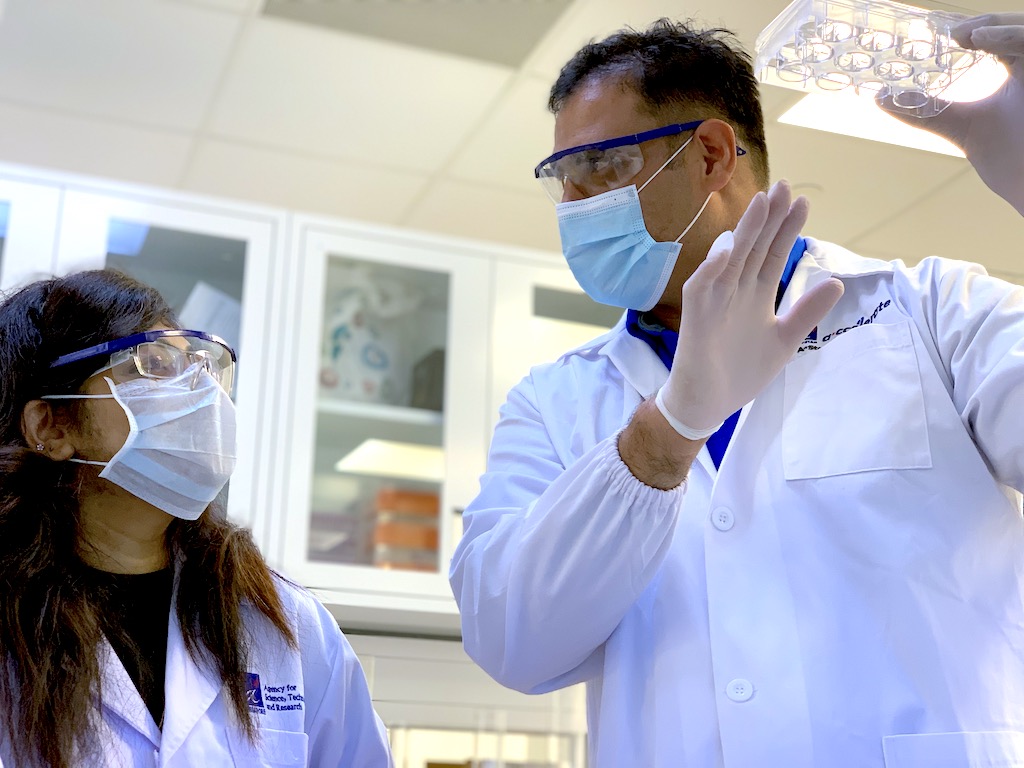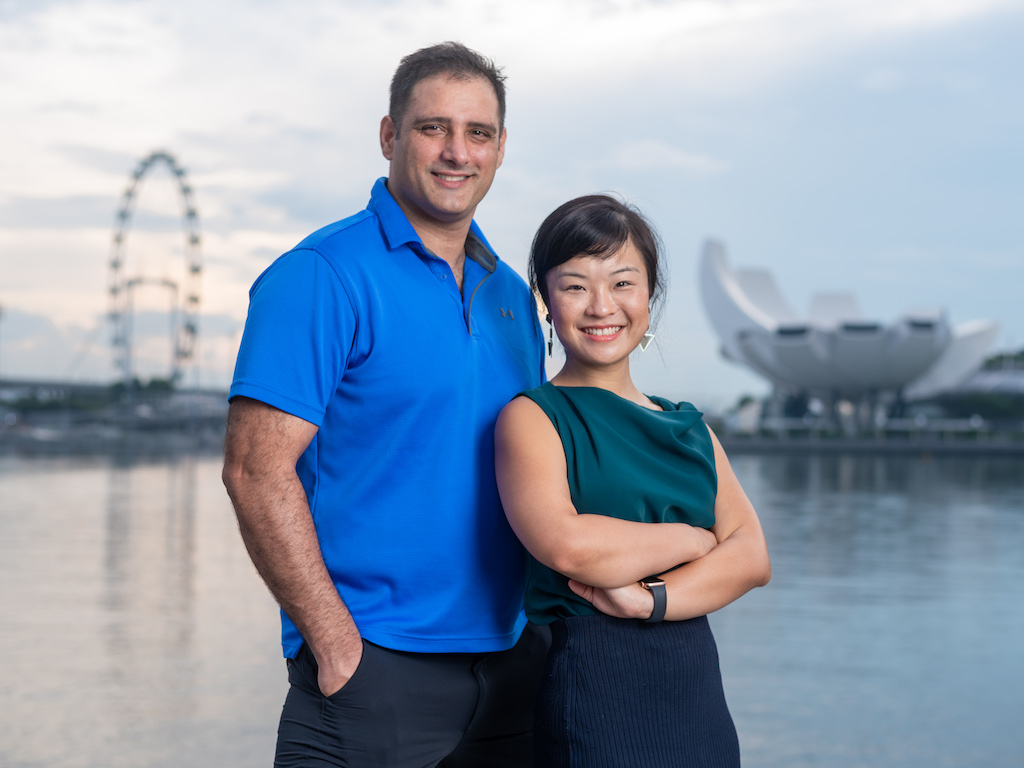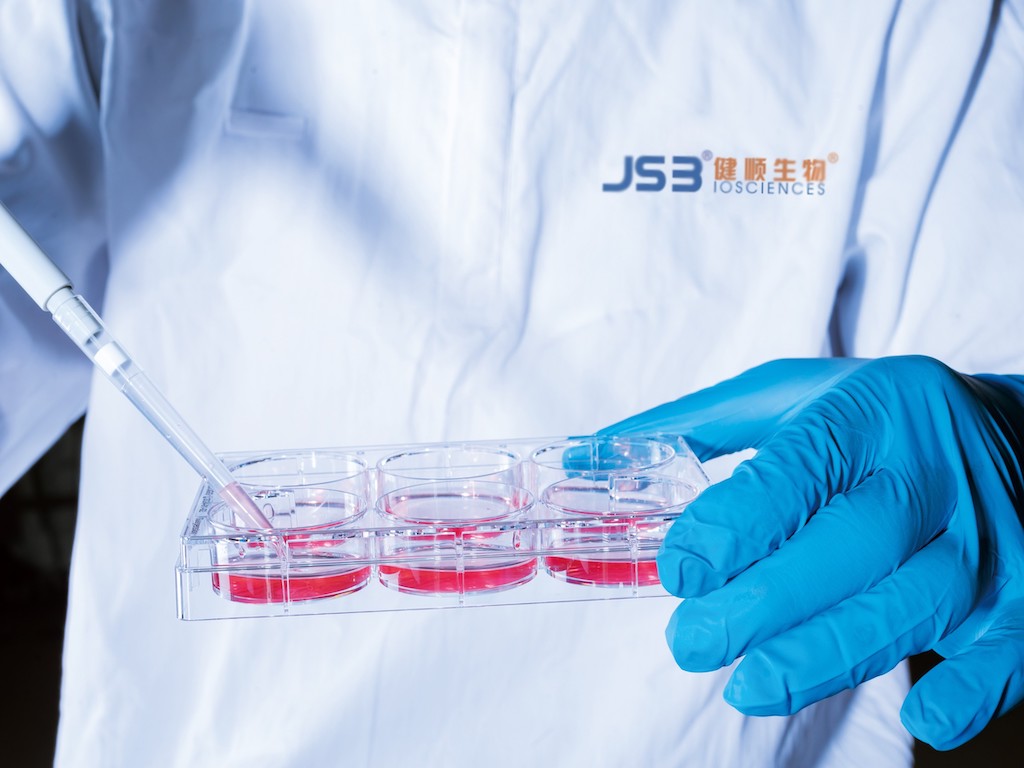3 Mins Read
TurtleTree Scientific, the new venture dedicated to food-grade growth factors launched by Singapore cell-based milk startup TurtleTree Labs, has forged a new strategic partnership with JSBiosciences (JSBio), a cell culture media supplier based out of both the U.S. and China. The collaboration will see JSBio supply clients under TurtleTree with a supply of food-grade basal media and commercial scale manufacturing, marking yet another step towards accessible cellular agriculture for all.
Singapore-based TurtleTree Scientific and Shanghai-headquartered JSBio have entered into a new partnership to develop cell culture media at commercial scale, the firms jointly announced on Tuesday (March 30). Working together to scale up cell-based production, JSBio is set to bring its media development expertise and raw material value chain to supply TurtleTree’s clients with food grade basal media and media formulation services, as well as contract large-scale manufacturing.
“For TurtleTree Scientific customers, this means having access to complete media solutions at the price point necessary to make cell-ag a reality for mass production,” said both companies in a joint press release.
Currently, growth factors and cell culture media account for anywhere between 55-95% of the marginal costs in manufacturing cell-based products.

This means having access to complete media solutions at the price point necessary to make cell-ag a reality for mass production.
TurtleTree Scientific & JSBio
The JSBio collaboration comes on the heels of TurtleTree Scientific’s partnership with biotech leader Dyadic International in February, which will see a range of recombinant proteins growth factors being produced at high-yields and for a low-cost – expediting the path to market for cultivated food techs and significantly slashing prices to make cellular agriculture affordable.
Based both in Shanghai and in Thousand Oaks, California, JSBio’s proprietary “integrated cost control program” will enable high-efficiency and low-cost production capacity. TurtleTree Scientific says the partnership will also facilitate its pilot production development, with the view to scale to commercial production in Singapore.
The Singapore startup also revealed that it is already a customer of the collaboration, and uses the platform for its exclusive patented technology for cell-based human breast milk and the naturally-occurring components in the formula.

Commercial production will unlock access to better nutrition for infants, young children and adults alike.
TurtleTree Labs
“These different ingredients have various targeted health benefits and their commercial production will unlock access to better nutrition for infants, young children and adults alike,” explained TurtleTree in a press statement.
Aside from developing cultured human breast milk, TurtleTree Scientific is also focused on dairy milk and stands as Asia’s only startup using cell-based biotechnology to do so with the exact composition, functionality and taste, without the need to slaughter cows.
It is also among the tiny cohort of firms globally taking aim at the US$45 billion infant milk industry, with the others being U.S.-based women-founded startup Biomilq and 108Labs, who have recently developed a “whole-human” infant milk formula with antibodies to protect newborns against pathogens.
Lead image courtesy of JSBio.




